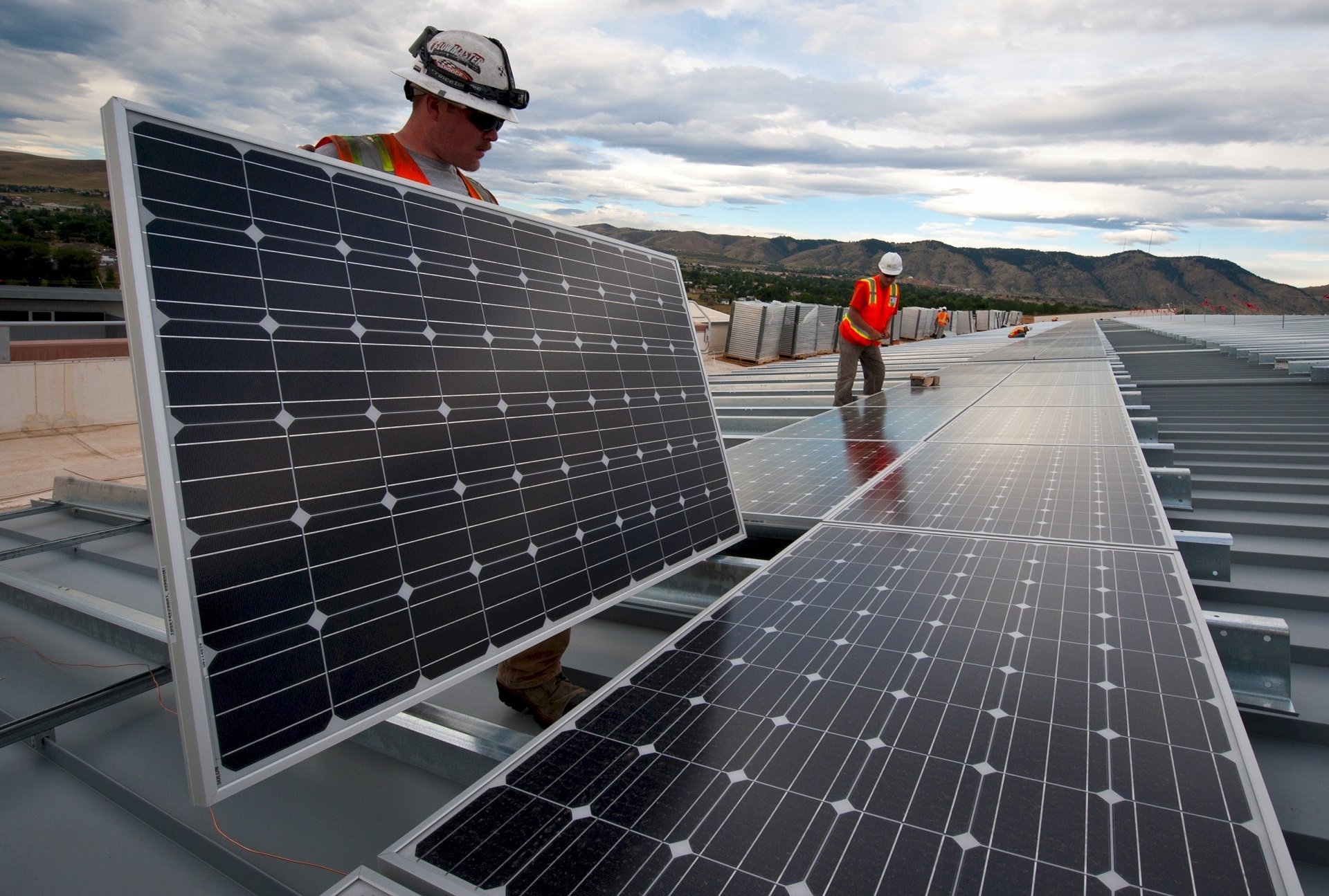Low-carbon Healthcare in the Mediterranean Region
This project is completed. HCWH Europe’s climate-smart healthcare project helped to develop the Mediterranean as a best-practice region for low-carbon healthcare in Europe.
Climate Strategies and Plans Economy Energy Transition and Climate-Neutral Buildings

Project info
Greece, Italy, Portugal, Spain
10/19 - 12/21
Private sector, EU institutions, National governments
248,406.00 €
Contact info
Mireia Figueras Alsius
Background
The global healthcare sector’s climate footprint is equivalent to 4.4% of global net greenhouse gas emissions that contribute to climate change, which negatively impacts the health of the very communities the sector serves. There is, therefore, a powerful incentive for the healthcare sector to take action – firstly to reduce the volume of its greenhouse gas emissions, and secondly to become a leading advocate for societal and political action on climate change.
As global temperatures are increasing so are the negative health impacts and the Mediterranean region already faces specific threats from climate change (e.g. extreme heat waves and rising sea levels), but also has many opportunities to prevent or reduce emissions (e.g. solar energy and energy efficient cooling). The project aimed to address these opportunities and challenges and to facilitate the transition to low-carbon healthcare by working with hospitals in the Mediterranean region.

Project
The project helped participating hospitals to establish internal carbon management teams and plans, facilitated knowledge and best practice sharing, and encouraged replication across the Mediterranean region through a low-carbon healthcare toolkit that can be used by other hospitals. The toolkit was presented alongside case studies from participating hospitals at the 2021 European Healthcare Climate Summit (EHCS) hosted in the Mediterranean region.
The project also developed policy recommendations in consultation with a broad range of relevant stakeholders from within and outside of the Mediterranean healthcare sector. These policy recommendations helped to identify legislative changes necessary to accelerate the transition to a low-carbon healthcare sector in the region.
Results
- Carbon Management Plans – With support from HCWH Europe, four hospitals in the Mediterranean (Departament de Salut Xàtiva – Ontinyent, Spain, Hospital Lucus Augusti, Spain, Hospital Pedro Hispano, Portugal and General Hospital of Syros, Greece) have developed Carbon Management Plans for their organisation that set the goal of net zero by 2050. This will result in a 19% reduction of CO2 emissions by 2030 (compared to a 2019 baseline). The plans have been approved by hospital management and, in a number of cases, published on hospitals’ websites.
- Healthcare Decarbonisation Toolkit for project scale up – The toolkit aims to facilitate the integration of climate action into healthcare planning and is aimed at those working in healthcare facilities that want to develop a Carbon Management Plan for their organisation. It contains: carbon emission calculator tools, guidance on setting up a Carbon Management Team, Carbon Management Plan templates and case studies from 5 Mediterranean hospitals. The toolkit will secure the project’s replication and scale up in the region and beyond.
- Policy recommendations for health systems and health ministries – A set of policy recommendations to create more robust policies in support of healthcare decarbonisation in the target regions and across Europe were developed. A thorough consultation process took place with key stakeholders during the 2021 European Healthcare Climate Summit (EHCS). The recommendations highlight key actions health ministries can take to chart a course to net zero healthcare.
Last update: April 2024
